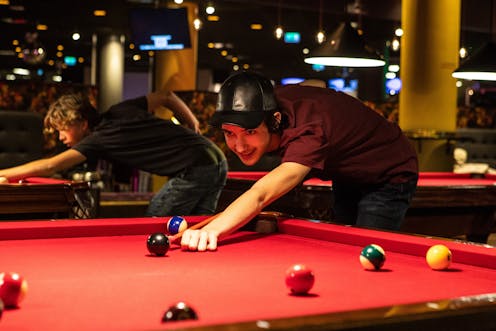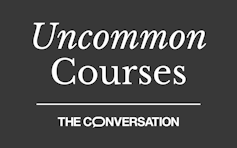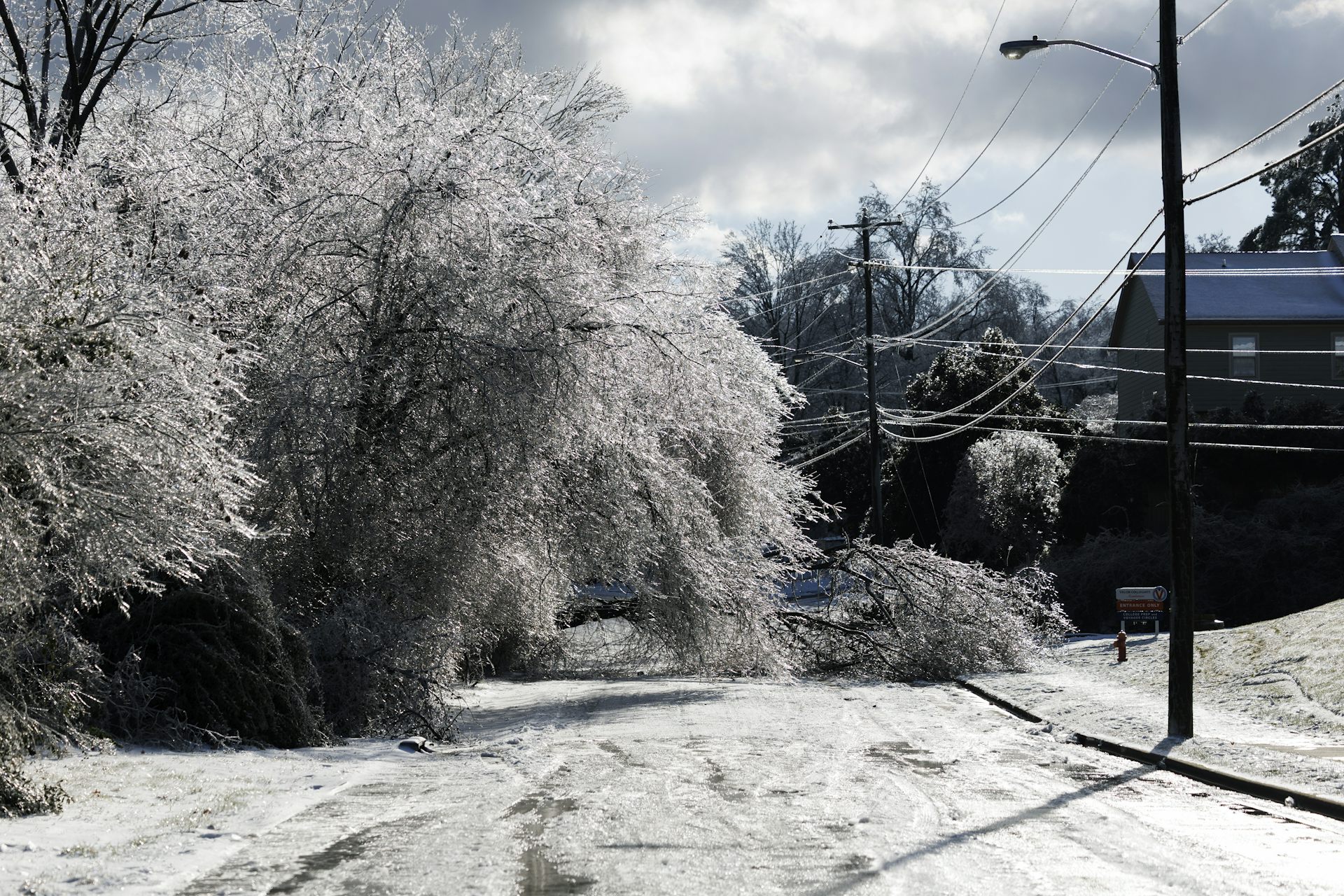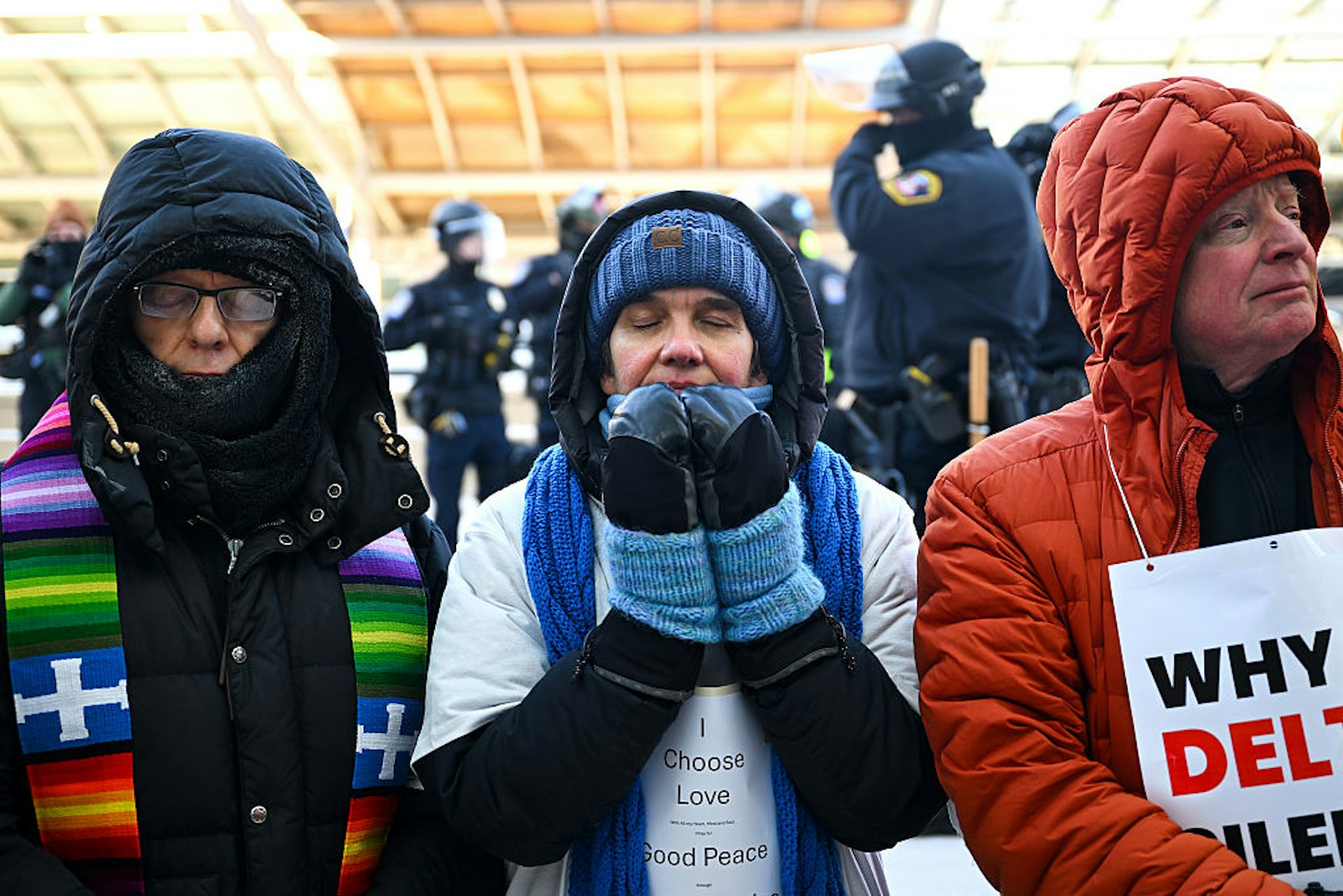Searching for the right angle – students in this course shoot pool to learn about journalism
A journalism professor discovers that some of the best lessons for future journalists can be taught on a pool table.


Uncommon Courses is an occasional series from The Conversation U.S. highlighting unconventional approaches to teaching.
Title of course:
“News Writing and Reporting II: Multimedia”
What prompted the idea to use pool to teach journalism?
I wanted to break up the monotony of having students sit at their computers and write news stories or listen to me lecture. So I figured I’d change the venue and try something more kinetic.
I had been going to the TerpZone – a recreational area located in the basement of the student union at the University of Maryland in College Park, where I teach – to eat and use the Wi-Fi. As I watched students shoot pool, I thought: It would be cool to hold at least one class meeting here.
I also thought it would be beneficial. My rationale was that I knew there were some interesting parallels between shooting pool and news gathering. For instance, accurately reporting a complex story could be compared to making a tough shot.
Interestingly, the day I decided to convene class at the pool tables, our regular classroom was unavailable anyway due to a water main break on campus. So holding class at the pool tables in the TerpZone – which was not affected – ended up being quite fortuitous.
What materials did the lesson require?
I rented four pool tables for an hour or so. I have 14 students. Some students competed on two-player teams, so there would be up to four students per table.
We got the tables at half price, so it cost me $16.
For students who weren’t familiar with pool, I provided a link to a short instructional video to watch before class.
What does the pool lesson explore?
We explored the various ways that good journalism is like shooting pool. To do this, I had each student interview three classmates and ask each one for a journalism/pool analogy. The idea was to have students collect a variety of viewpoints, just as if they were out covering a story in the community, which they do often for this course.
What’s a critical lesson from the pool lesson?
Students reported that shooting pool gave them a visual way to understand what journalists do.
One student found it helpful for players to “step back and take a new look at the table before their turn” – a concept that easily applies to reporting a story.
“Finding the right angle for an article requires taking a fresh look at the facts and quotes,” the student wrote.
Another student said both journalism and shooting pool require patience. A different student touched on the benefits of remaining calm – whether as a journalist on deadline or when it’s time to sink the eight ball to win the game.
“Composure is key when it comes to both,” the student said. “I think there are high-pressure moments. Now you have one ball left, two balls left, and you gotta be able to keep your composure, perform under pressure.”
Other students noted how pool demonstrates the need to anticipate unforeseen consequences as they pursue stories.
“It was important to know where all the balls were on the table and how hitting one would affect the others,” the student said.
Why is this approach relevant now?
Americans’ trust in the media to report the news accurately and fairly is at a near record low – just 34%.
If pool – or any other game – can teach future journalists to be more thoughtful about how they pursue stories, perhaps it can lead to better coverage and help restore public confidence in what the media report.
There are other reasons why an approach like this makes sense at this particular time. Students are under a lot of academic stress, which can affect their overall well-being. As many pool players will tell you, shooting pool can be a positive way to relieve stress. It also can help build self-esteem and improve concentration.
Also, before we shot pool together, I rarely saw students socialize with one another so effortlessly. When we moved class to the pool hall, students socialized like never before. So it was a good team-building exercise. My only regret was not doing it sooner in the semester.
Jamaal Abdul-Alim works as an adjunct at the University of Maryland in College Park. He also currently serves as education editor at The Conversation.
Read These Next
The Supreme Court may soon diminish Black political power, undoing generations of gains
The Supreme Court appears poised to abolish a key part of the Voting Rights Act. It may draw on a constitutional…
Data centers told to pitch in as storms and cold weather boost power demand
The government directed data centers to turn on backup generation in parts of the US. Expanding distributed…
Federal power meets local resistance in Minneapolis – a case study in how federalism staves off auth
State resistance to federal immigration enforcement in Minnesota illustrates how federalism keeps authority…





